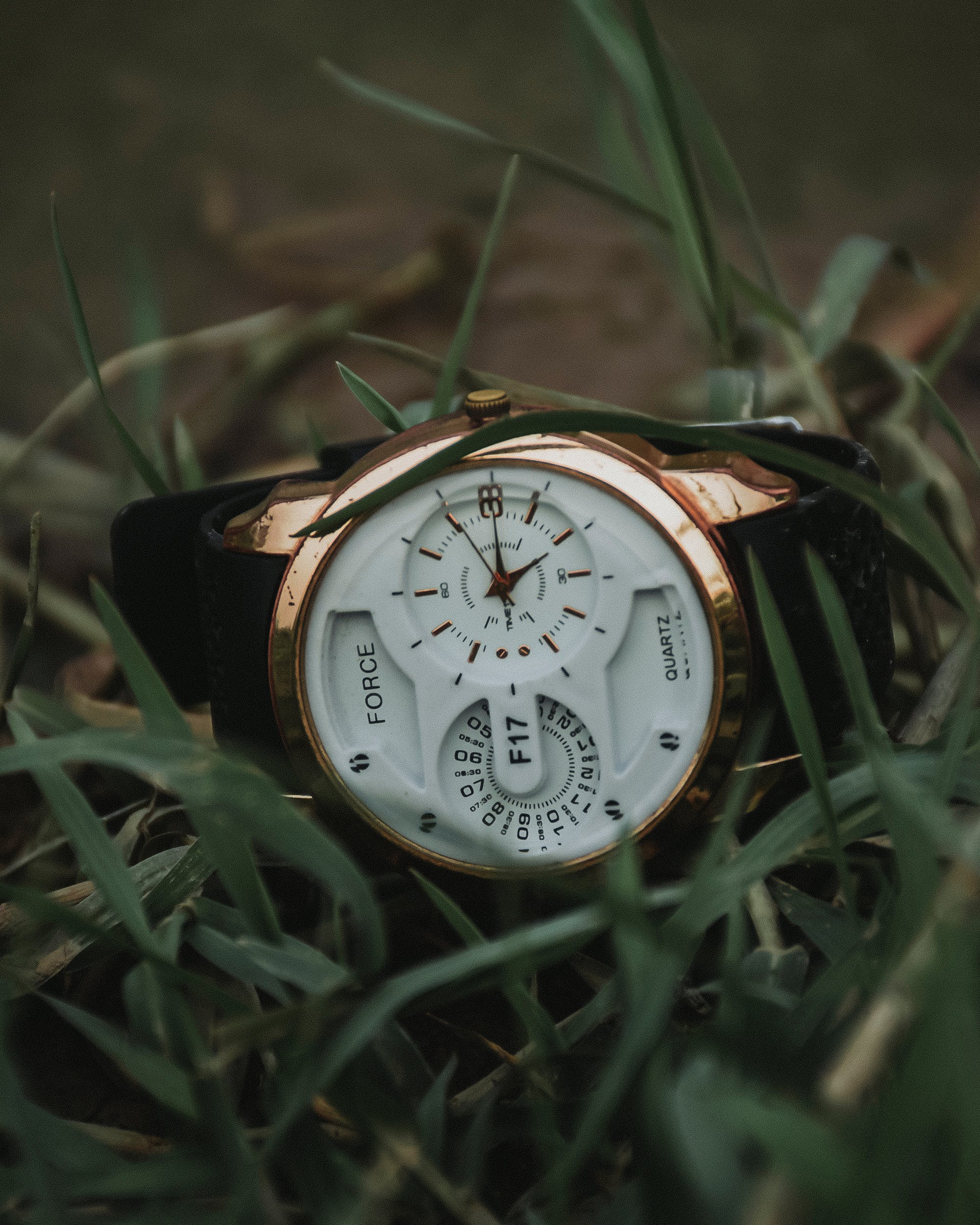Horology is the science or art of keeping time. This field is anything that has to do with time and timekeeping, timekeepers, clocks, watches, time standards, and so on. Horologist is the term for people who are interested and actually work in this field. There are many professionals as well as hobbyists and scholars who have something to do with horology.
Mankind has been preoccupied with measuring and recording accurate time. Timekeeping is one important aspect of the development of civilization. Ancient Egyptians and the Roman Empire used and relied on obelisks and sundials to tell the time by looking at the cast of their shadows. Other crude devices in telling time include water clocks (which were invented in China) and hour glasses.
During the 14th century, mechanical clocks were invented, and such elements as regular intervals or ticks were also introduced. That way, these clocks were far more reliable than obelisks or sundials in telling accurate time. Public clocks were on display at markets and town halls, helping people to determine the actual time.
The Watch was invented during the 16th century and it is regarded as one of the greatest gadgets mankind has ever produced. As people became more mobile, the need to keep accurate time wherever and whenever they went arose.
As the years progressed, so did the evolution of watches. Electronic watches were invented during the 20th century and are far more advanced and accurate in telling time than mechanical watches are. The development of atomic clocks paved the way for modern technologies such as communication satellites and global positioning system (GPS). Now clocks have been incorporated in mobile phones and smartphones – these features also let you to set the alarm as well.
If you’re interested in stepping back in time, so to speak, there are a lot of museums that devote themselves to horology. Many notable horological museums and libraries are found in London, England, most notably the Royal Greenwich Observatory (which is where the Prime Meridian is also located – hence the Greenwich Mean Time or GMT), and Clockmaker’s Museum. You can find a vast array of horological pieces at the British Museum and the Science Museum, both located in London. There are courses offered on studying horology and making watches; the best-known place to take up a such study and training is at the British Horological Institute in Nottinghamshire.
Other renowned comprehensive horological museums are in Switzerland (the Musee International d’horlogerie and Musee d’Horlogerie du Locle), Germany (Deutsches Uhrenmuseum), and the United States (National Watch and Clock Museum, Ameican Clock and Watch Museum). There are also good public horological libraries as well, such as London’s Guildhall Library.
There are also many organizations and clubs that are devoted to this field, including the American Watchmakers-Clockmakers Institute, British Horological Institute, and Deutsche Gessellschaft fur Chronometrie.

